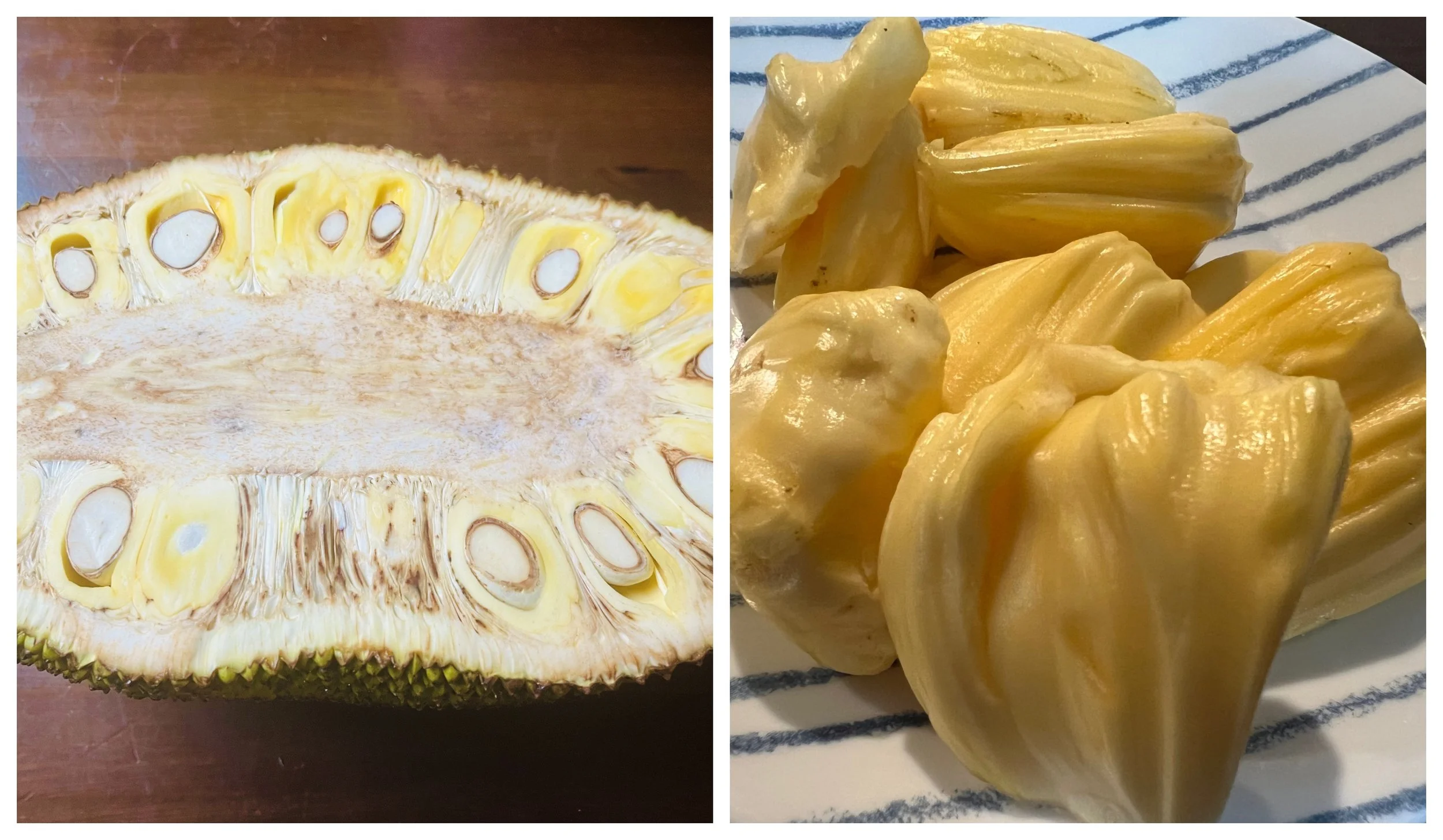
This fruit is popular in Asian countries but is gaining popularity throughout the world. The name Persimmon refers to it as the food of deity. This fruit has been used in Chinese medicine as an agent to treat hypertension, atherosclerosis, and aid in glucose control. In this section, we will learn more about this delicious and nutrient-dense fruit.
Composition:
Persimmon is composed of water, lipids, proteins, and carbohydrates. The fruit is also rich in minerals like calcium, sodium, potassium, magnesium, zinc, copper, manganese, phosphorus, and selenium. This fruit is rich in carotenoids—Vitamin A derivatives that are beneficial to health. These levels increase as the fruit ripens. This fruit contains other phenolic compounds, tannins, and vitamins C and B—they contribute to the antioxidant and anti-inflammatory nature of this fruit.
Beneficial effects from consumption:
Anti-inflammatory & Antioxidant effects: This fruit is rich in antioxidants that help decrease oxidative damage. Beta-cryptoxanthin and beta-carotene, are the two prevalent nutrients that assist in this function. When studying lab animals subjected to collagen-induced arthritis, persimmon extracts helped decrease the hallmarks of inflammation, thereby highlighting its anti-inflammatory effects. It also helped decrease the release of allergic reaction mediators in cases of allergic inflammation. Persimmon extracts seem to stimulate the epithelial cells to produce secretions that help blunt the body’s reactive oxygen species production, thereby helping to decrease chronic inflammatory processes.
Hyperlipidemia & Atherosclerosis: When working with laboratory animals, it was found that extracts from this fruit helped prevent high lipid levels in animals that were fed a high-fat diet. The phenolic compounds and tannins contributed to this beneficial effect. The tannins in the fruit were able to bind with bile acids and promoted fecal excretion, causing decreased levels of total cholesterol, LDL cholesterol, and triglycerides. Surprisingly, it also helped prevent hepatic steatosis or fatty liver progression.
Glucose metabolism: In studies, administration of the peel of persimmons showed beneficial effects on insulin sensitivity. Ingestion helped with maintenance of normal glucose levels.
In the above discussion, we have explored the tip of the iceberg. I think it is safe to say that persimmon is a functional fruit. However, always explore the possibility of an allergic reaction whenever consuming a new fruit. As always, I encourage you to stay connected with your healthcare professional, stay focused on your health and nutrition, and live long and strong!




























